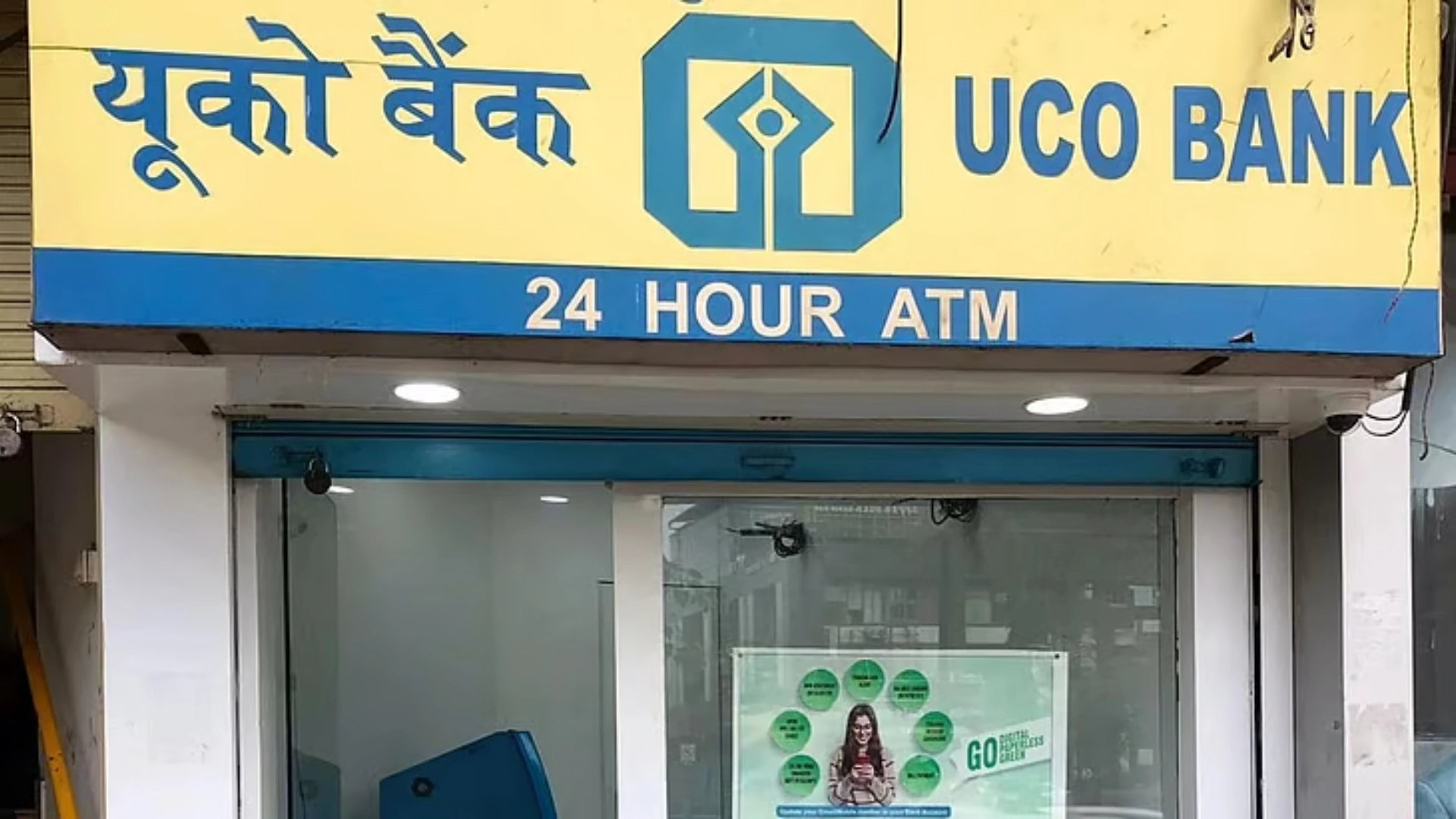The Supreme Court has ruled that a UCO Bank employee, dismissed for misconduct after serving more than 10 years, is still entitled to receive pension benefits. This decision came as the Court rejected UCO Bank’s argument that such benefits should not be granted in cases of dismissal due to misconduct.
A two-judge bench comprising Justices Abhay S. Oka and Ujjal Bhuyan upheld the Punjab & Haryana High Court’s order, which directed UCO Bank to give pensionary benefits to a former employee. The employee had been removed from service after facing disciplinary action, but had completed over 10 years of service — the minimum required for pension eligibility.
Background of the Case
- In 1998, the employee was accused of assaulting a senior officer and was dismissed in 1999 after an internal inquiry.
- In 2000, the appellate authority changed the dismissal to removal with terminal benefits, and this decision was not challenged by the bank.
- Later, in 2004, the Labour Court softened the punishment, ordering reinstatement and partial back wages. However, the High Court overturned this in 2009, restoring the removal order.
- In 2010, the employee opted for pension under the Bank’s Bipartite Settlement. The High Court then relied on the Supreme Court’s earlier ruling in Bank of Baroda v. S.K. Kool (2014) and ordered UCO Bank to pay pension benefits.
Key Arguments
- UCO Bank referred to Regulation 22 of its Pension Regulations, which says employees dismissed for misconduct cannot receive pensions.
- The employee, on the other hand, referred to the Bipartite Settlement of 1966, which has legal backing under the Industrial Disputes Act. It clearly states that employees removed for gross misconduct are still entitled to superannuation benefits like pension.
Main Issue
The core legal question was: Does the Bank’s Pension Regulation override the Bipartite Settlement, which is backed by law?
Supreme Court’s Decision
The Court answered “No.”
Justice Bhuyan, writing the judgment, held that Regulation 22 cannot override the Bipartite Settlement, which has statutory force under the Industrial Disputes Act. The Court emphasized that both sets of rules should be read in harmony, not in conflict.
The bank had also tried to argue that the earlier S.K. Kool judgment didn’t apply in this case, since the employee opted for pension after being removed. But the Court disagreed, pointing out that the employee had legally opted for pension in 2010, and the bank’s own appellate authority had allowed terminal benefits.
Final Verdict
The Supreme Court dismissed UCO Bank’s appeal, confirming that the employee is entitled to pension benefits. The Court also stated it found no valid reason to interfere with the decisions made by both the Single Judge and the Division Bench of the High Court.
This judgment reinforces that employees removed for misconduct can still get pension if they meet the required service period and are protected under legally binding agreements like the Bipartite Settlement.
